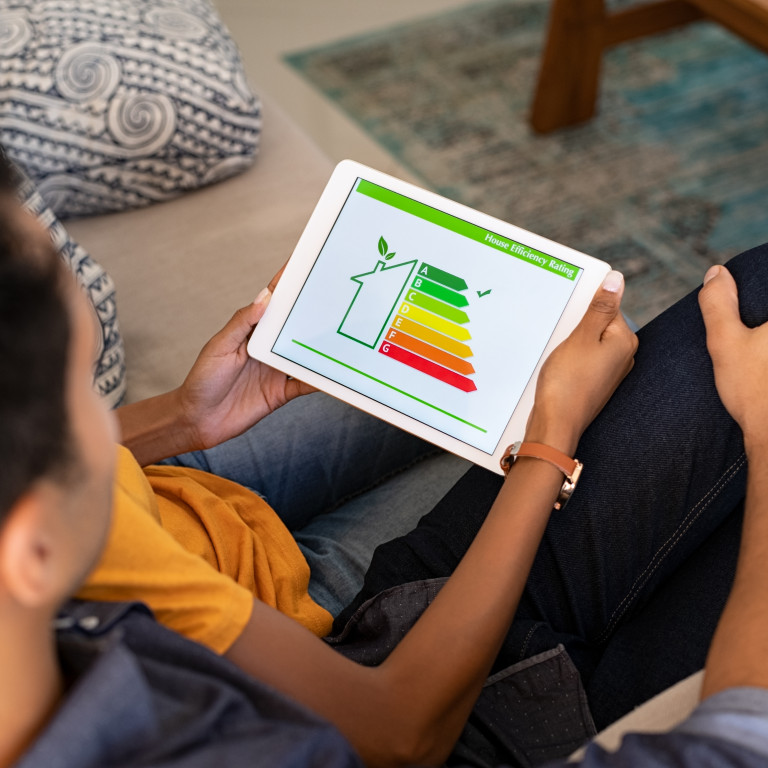Buying and selling your home can be both a complicated and lengthy process, with people often finding themselves in large property chains.
The longer the chain the more chance there is of someone pulling out before exchange, as your move will be dependant on many people and their factors. Usually, the shorter the chain, the safer your position is, so you should take steps to avoid a situation that may result in an individual pulling out of buying a house.
Why could someone pull out of buying a house?
Buying and selling property is dependent on many factors, but some of the most common reasons for a buyer to pull out of a house sale include;
- The chain breaks
- The buyer finds a new property
- Their financial position changes
- Issues found in the property searches or survey
Can someone pull out after contracts are exchanged?
Usually, either party pulling out after the exchange is extremely rare. At the point of exchange, both the buyer and seller are contractually committed to completing, so pulling out is a breach of contract and attracts financial penalties. If a buyer does pull out after exchanging contracts, you are within your rights to sue them for losses.
Can completion be delayed?
Residential property contracts are governed by the Law Society’s standard conditions of sale. The standard conditions contain provisions addressing a situation where either party fails to complete on the agreed completion date.
If a party desired it could delay completion, but in doing so that party would be liable to pay a prescribed rate of interest to the other party for the period of delay. Also, once a party delays completion, the other party can serve a notice requiring the contract to be completed within 10 working days of the notice being given. If completion still does not happen within that timeframe, the affected party will have a right to damages for any losses suffered. If it is the buyer that has failed to complete, the seller can keep the 10% deposit, and if the deposit paid on exchange was less than 10%, the seller can sue the buyer for the difference.
What is the frustration of a contract?
The parties to a contract may be relieved from completing it if something happens after the date of exchange that makes it physically or commercially impossible to do so. Frustration has the effect of absolving both parties from any further compliance with the contract. However, it does not unwind what has already been done. It is not easy to prove that a contract has been frustrated. The burden to demonstrate it is high and rests with the person making the argument, and the impossibility of proceeding must not be due to any fault of theirs.
Find out more
For further guidance on selling or buying your home contact a member of our skilled Residential Property Team.





